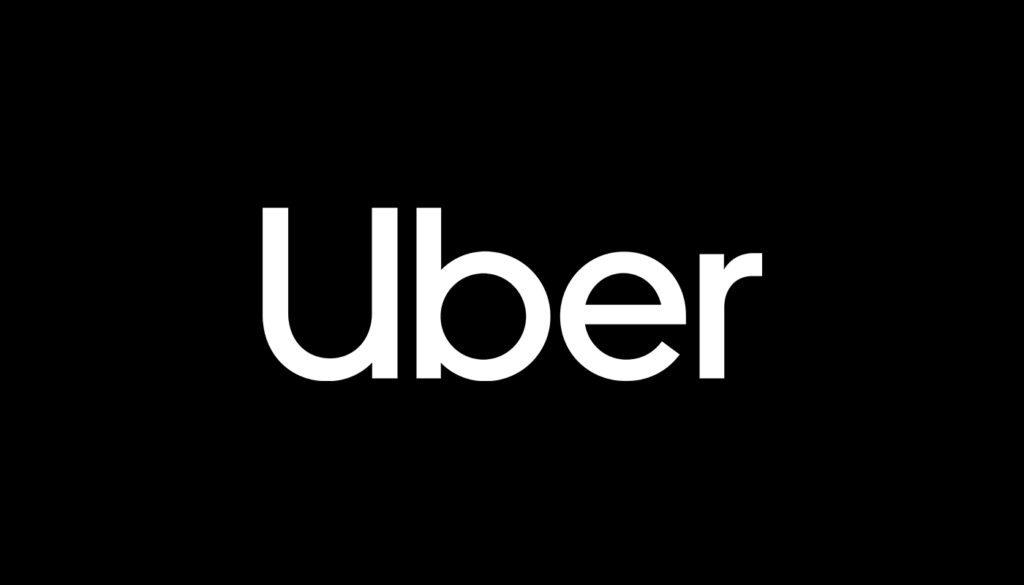In partnership with Uber
To be eligible for the Government’s support scheme you need to make sure that your Self Assessment tax return for the 2018/19 tax year was sorted before the 23 April extension deadline.
We’ve linked up with Uber to provide all drivers and couriers a certified accountant to do your Self Assessment and answer all your tax questions.
Self-Employment Income Support Scheme (SEISS) can provide you with 80% of your average self-employed income based on the last 3 years. You can receive up to £2,500 per month in cash grants for at least 3 months totalling £7,500. After submitting your tax return, the Government will contact you if you are eligible.
Unfortunately, if you haven’t filed your 2018/19 Self Assessment tax return already, you are not eligible for this grant.

